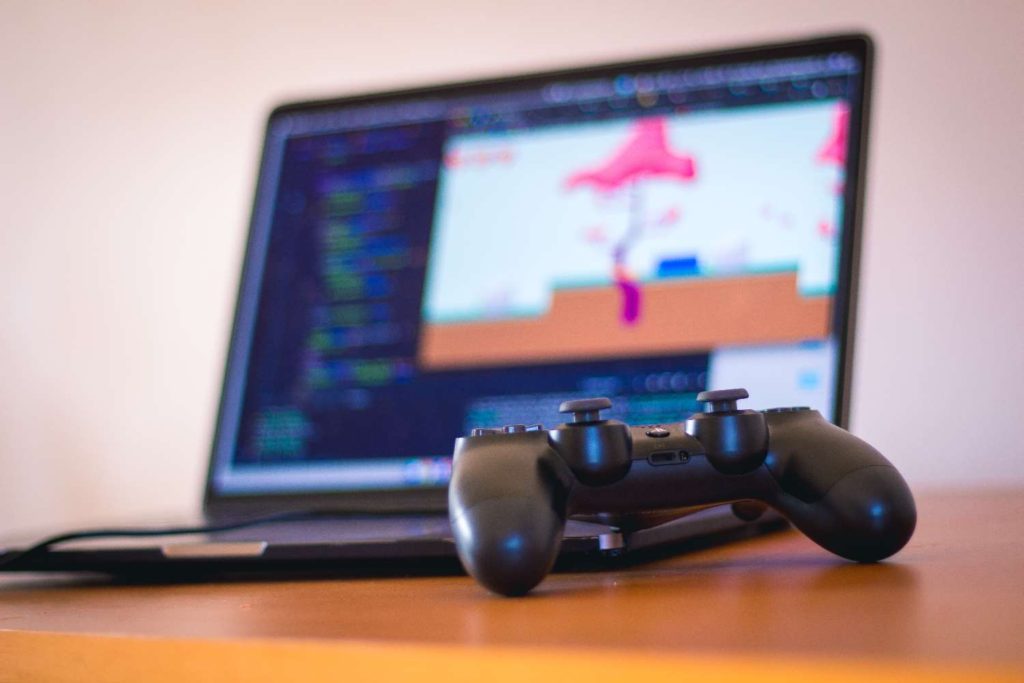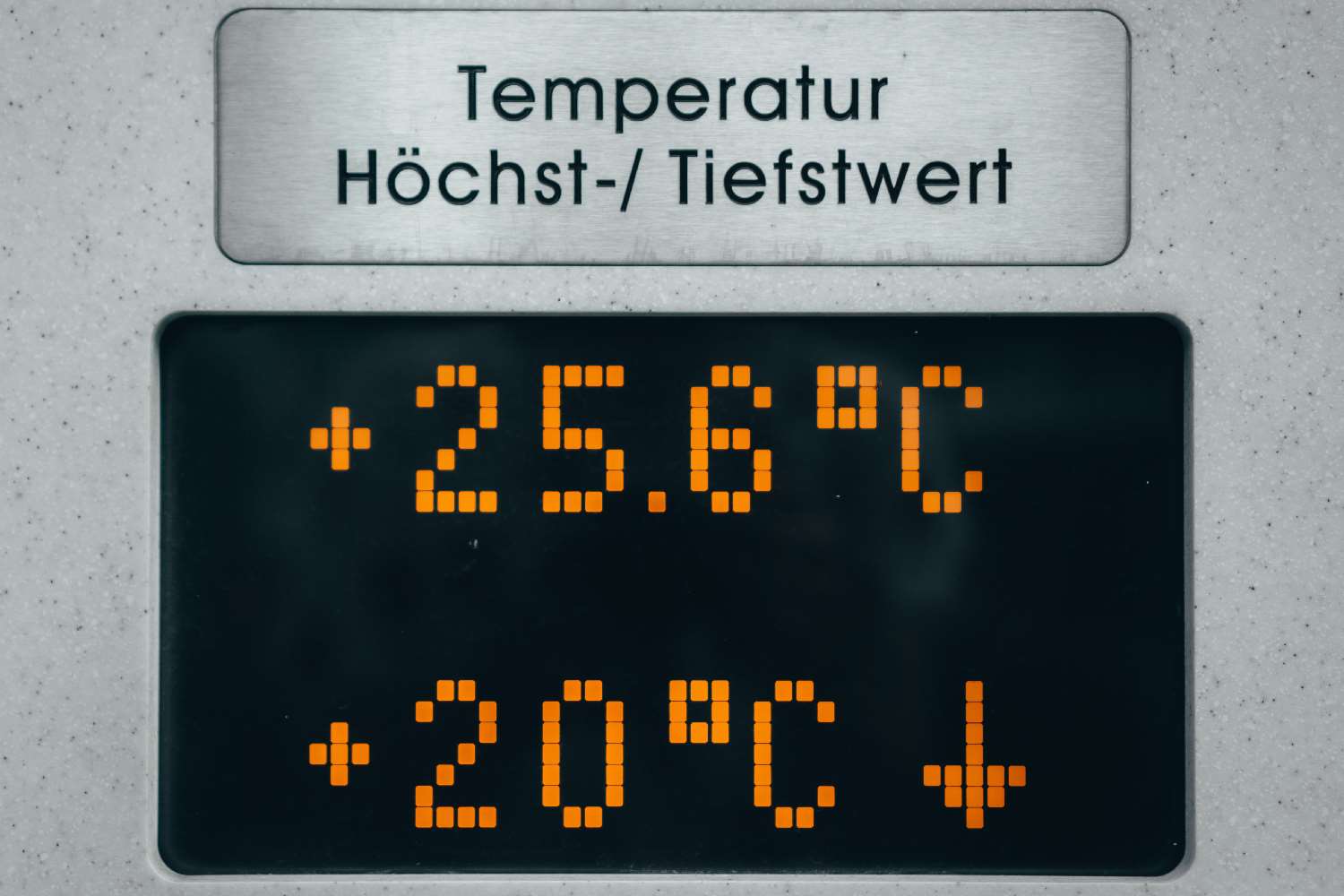Gaming laptops were not made strictly for Gaming. They are a set of portable, powerful, high-end machines that perform well under extreme use while maintaining one of the most stable builds and components. However, there are certain aspects that gamers who use these laptops need to take into consideration before going on to purchase them.
Gaming laptops are not all the same. There are many different gaming laptops available today, meaning there’s something out there for everyone regardless of what they’re looking for or how much money they want to spend on one. You need to know what features you want before deciding which ones work best for your needs!
There are different brands with different hardware underneath the casing. That said, each gaming laptop brand should have its own set of optimal operating temperatures. The most common one is 87 degrees Fahrenheit (F) / 30.5 degrees Celsius (°C). But to narrow it down further, we recommend having a cooling pad if you want to run games on your laptop without experiencing any heating issues.
Can gaming laptop temperatures affect laptop performance?
When it comes to gaming laptops, the components are often packed in more tightly than other laptops because they need to be as slim as possible so gamers can take them on the go. This makes it harder for air to circulate inside the case.
And if you’re playing games like Overwatch or Fortnite—or any other high-intensity game—your graphics card will get hot from all that processing power being used at once. So what happens when there isn’t enough airflow? You guessed it: your laptop starts heating up!
The truth is: that your gaming laptop’s temperature isn’t just a problem for your comfort level—it can also affect performance. If your laptop is getting too hot, you may find yourself with laggy gameplay, slowed-down system processes, or an overheated battery that results in shorter battery life.
Luckily, there are several things you can do to keep your gaming laptop running at its best!
First off: keep it cool! Gaming laptops are designed with powerful components that heat up fast. The more you play games on your laptop, the warmer it will get and the harder it’ll be for the fans and vents to keep up with keeping things cool. So make sure you have a handy cooling pad or stand if you’re playing for a while!
Second, don’t use liquid-based cooling systems like those found in water bottles or freeze packs that come with blister packs of food. Water and electricity don’t mix; water will ruin electronic parts when exposed to them long enough—and even if it doesn’t, using it as a cooling method could cause damage by allowing condensation inside the machine from contact with ice.
How to know the best types of gaming laptop

The best kinds of Gaming laptops are those that can handle the heat generated by their powerful processors, graphics cards, and RAM. The components in these laptops need to keep up with the demands of playing video games and other applications.
If you’re looking for a laptop that can handle the heat from playing games or running other demanding applications, you should consider purchasing one with a high-quality cooling system. This will help prevent your laptop from overheating while using it so that it continues working properly without any problems.
When choosing a gaming laptop, you should also consider how much space it has for upgrades and what kind of battery life it’ll offer. Consider these factors when looking at different models, and make sure you choose one that isn’t only good for Gaming and has other features that work well with your lifestyle. So what are the issues related to gaming laptop temperature?
Issues related to gaming laptop temperatures
Heat kills batteries
This is probably one of the most obvious problems associated with gaming laptops: heat kills batteries. If your battery gets too hot, it can fail or cause permanent damage, making it unusable.
Heat slows down your processor and graphics card
As your laptop heats up, it must work harder to keep its internal parts cool enough for optimal performance. This means that some tasks may take longer than normal, or your computer may have trouble running certain applications without crashing or freezing up on you altogether!
Heat makes your laptop run loud
Another issue related to gaming laptops’ temperature is fans’ noise when working hard. Suppose you want a quiet operation in a calm office environment where other people might be trying to focus on their work. In that case, you should get an external cooling pad for your laptop because it will help reduce noise while increasing performance simultaneously.
What’s the best way to monitor gaming laptop temperatures?
Monitoring your gaming laptop’s temperature is essential. It can help you avoid damaging your system and give you an idea of how well or poorly the cooling system is working.
There are a few different ways to do this. The first is to use software that comes with your computers, like the Dell Command Power Manager or HP Performance Advisor. These programs will show you a graph of your processor and GPU temperatures over time and let you know when they’ve reached certain thresholds.
Another option is to download free third-party programs/apps like Core Temp, HWMonitor, or MSI Afterburner to monitor your gaming laptop’s temperatures, set alarms, and keep track of GPU/CPU/RAM usage. It also has a built-in GPU stress test that will help determine whether your laptop can handle the game you’re playing. They are more customizable than the included software but tend to have more minor features.
Finally, there are hardware solutions like external temperature monitors from companies like Arctic Cooling and Zalman that can be plugged into USB ports for quick access.
Whatever method you choose for monitoring your gaming laptop’s temperature, remember that it’s not just about keeping things cool—it’s also about keeping them safe!
Bottom Line
Last but not least, if you are going camping, then you should take along a cooling pad because they can be used outdoors as well as indoors. Hence, if you lose power while playing games outside, then there is no need to worry because your mobile cooling pad will continue providing cool air until power returns again!

